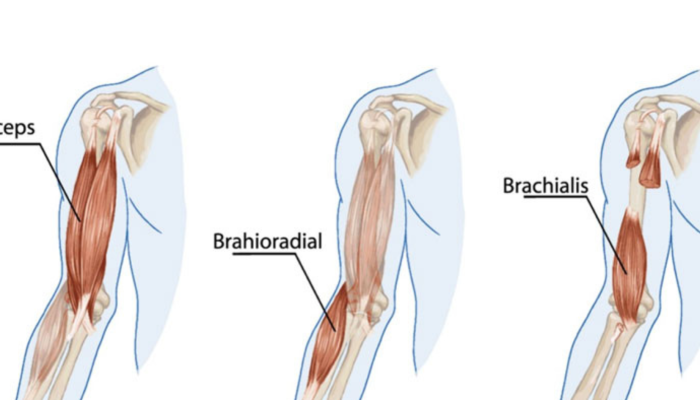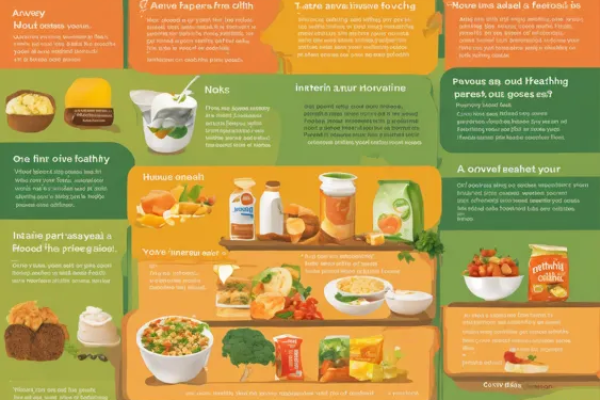
Nutrient deficiencies occur when the body does not absorb or get from food the vitamins, minerals, and other nutrients it needs for healthy functioning. Deficiencies can lead to a variety of health problems. However, many common nutrient shortfalls can be prevented with a balanced, nutrient-rich diet.
Causes of Nutrient Deficiencies
Many factors can contribute to nutrient deficiencies, including:
Inadequate Diet
Eating a diet consistently lacking in essential vitamins and minerals is a primary cause of deficiencies. Diets too high in processed foods and low in fruits, vegetables, whole grains, beans, lentils, nuts, seeds, and quality animal-based foods increase deficiency risk.
Malabsorption
Certain digestive disorders like Crohn’s disease and celiac disease can impair nutrient absorption, leading to deficiencies over time.
Increased Needs
Stages of life with increased nutritional needs like childhood, pregnancy and breastfeeding can make deficiencies more likely if increased intakes do not meet needs.
Health Conditions
Chronic illnesses like diabetes, heart disease, and kidney disease can impact vitamin and mineral absorption, utilization and excretion, increasing deficiency risk.
Medications
Some prescription drugs can deplete specific nutrients by impairing absorption or increasing excretion from the body.
#
Common Nutrient Deficiencies
Many nutrients play essential roles throughout the body. Deficiencies can negatively impact normal functioning and overall health. Some of the most common nutrient deficiencies include:
1. Iron
Iron enables red blood cells to transport oxygen efficiently. Iron deficiency causes anemia and symptoms like exhaustion, lightheadedness, rapid heartbeat and shortness of breath.
Risk factors for iron deficiency include:
– High menstruation blood loss
– Pregnancy and breastfeeding
– Vegan and vegetarian diets without sufficient iron-rich plant foods
– Low stomach acid
– Malabsorption disorders
– Chronic blood loss
2. Vitamin D
Vitamin D regulates calcium absorption and maintains healthy bones and immunity. Vitamin D deficiency causes weakened bones (osteomalacia), impaired muscle function and increased risk of respiratory infections.
Risk factors for vitamin D deficiency include:
– Low sunlight exposure
– Darker skin tones
– Aging
– Obesity
– Malabsorption disorders
3. Vitamin B12
Vitamin B12 enables proper nerve signaling and red blood cell formation. Deficiency can lead to fatigue, neurological symptoms like numbness, memory loss and balance issues, and impaired immunity.
Risk factors for vitamin B12 deficiency include:
– Vegan and vegetarian diets low in eggs and dairy
– Pernicious anemia
– Certain medications
– Digestive disorders
– Aging
4. Calcium
Calcium maintains bone strength throughout life. Low calcium over many years weakens bone mineral density, leading to osteoporosis. This increases fracture risk, especially with aging and falls.
Risk factors for calcium deficiency include:
– Inadequate dairy intake
– Lactose intolerance
– Vegan diets without sufficient plant-based calcium sources
– Excessive phosphate, sodium or protein intakes
– Chronic kidney disease
– Low stomach acid
– Malabsorption disorders
5. Iodine
Iodine enables proper thyroid hormone production, which regulates metabolism. Deficiency causes hypothyroidism leading to fatigue, weight gain, constipation and extreme cold intolerance.
Risk factors for iodine deficiency include:
– Low seafood intake
– Avoidance of iodized salt
– Certain areas with low natural iodine levels in soil
– Pregnancy and breastfeeding
6. Vitamin C
Vitamin C plays important roles in immune health, wound healing, iron absorption, antioxidant activity and collagen formation. Deficiency causes scurvy. Symptoms include bleeding gums, slow wound healing, reopening of old wounds, bone pain and immunity impairment.
Risk factors for vitamin C deficiency include:
– Low fruit and vegetable intake
– Excess alcohol intake
– Smoking
– Chronic diarrhea or vomiting
– Malabsorption disorders
– Kidney disorders
7. Vitamin A
Vitamin A maintains eye, respiratory and immune health, while aiding bodily growth and development. Deficiency increases vulnerability to infections and poses vision threat, particularly to young children.
Risk factors for vitamin A deficiency include:
– Chronic diarrhea or malabsorption issues reducing fat absorption
– Cirrhosis and chronic alcoholism
– Unvaried diets lacking vitamin A-rich foods like eggs, dairy and leafy greens
8. Magnesium
Magnesium assists enzyme function and protein production while regulating blood pressure, nerve and muscle function. Deficiency can cause muscle cramps, headache, fatigue, nausea and abnormal heart rhythm.
Risk factors for magnesium deficiency include:
– Type 2 diabetes and insulin resistance
– Alcohol dependence
– Gastrointestinal disorders impairing absorption
– Certain medications depleting magnesium
9. Vitamin E
Vitamin E protects cell membranes against damage while boosting immunity. Deficiency poses greater infection susceptibility, muscle impairment and vision disruption, particularly in preterm infants.
Risk factors for vitamin E deficiency include:
– Fat malabsorption issues in cystic fibrosis, liver disease and pancreatic disorders
– Rare genetic disorders impairing vitamin E transport
10. Vitamin K
Vitamin K enables blood clotting and bone mineralization while regulating blood calcium levels. Deficiency causes easier bruising and bleeding as well as weakening of bones over time.
Risk factors for vitamin K deficiency include:
– Liver disorders
– Malabsorption issues
– Alcoholism
– Long term aspirin, antibiotic or anticonvulsant use
Preventing Nutrient Deficiencies
While supplements can provide isolated nutrients, whole food sources supply complementary cofactors to enable optimal vitamin and mineral absorption and function.
To help meet daily needs and prevent common deficiencies:
Eat More Fruits and Vegetables
Fruits and vegetables supply essential vitamins, minerals, fiber and antioxidants vital for good health. Different colors provide unique protective compounds. As a guide, aim for 7-9 varied whole servings across all meals.
Include Essential Proteins
Quality protein foods provide iron, zinc, vitamin B12 and other nutrients. Regularly eat nuts, seeds, beans, lentils, whole grains, eggs, fish, poultry and lean red meats.
Don’t Skimp on Healthy Fats
Fat helps absorb all fat-soluble vitamins A, D, E and K. Avocados, nuts, seeds, fatty fish and oils like olive, flax and walnut provide essential fats and vitamin E.
Stay Hydrated
Water helps transport nutrients, aids digestion and detoxification and maintains fluid balance. Herbal teas boost hydration, as do water-rich foods like fruits, veggies and broth soups.
Address Individual Needs
Life stages, chronic diseases and medications impacting nutrient status require awareness of increased requirements. Work with healthcare providers to meet needs through adjusted diets or supplements.
Get Tested
Bloodwork measuring indicators like iron, B12, 25(OH)D for vitamin D, TSH for thyroid and red blood cell status can reveal overt or subtle deficiencies prompting treatment before health consequences occur.
By eating varied nutrient-rich whole foods, staying hydrated, addressing increased requirements and getting periodic bloodwork, you can help prevent multiple common nutrient shortfalls. Work with healthcare and nutrition experts to maintain optimal status of essential vitamins and minerals through all life stages.




